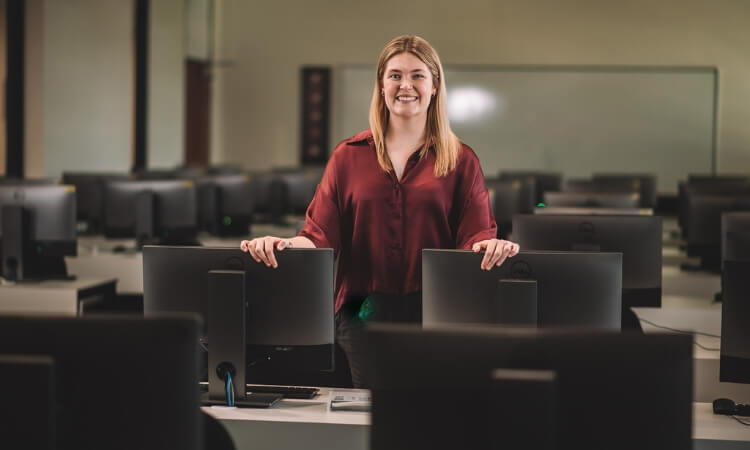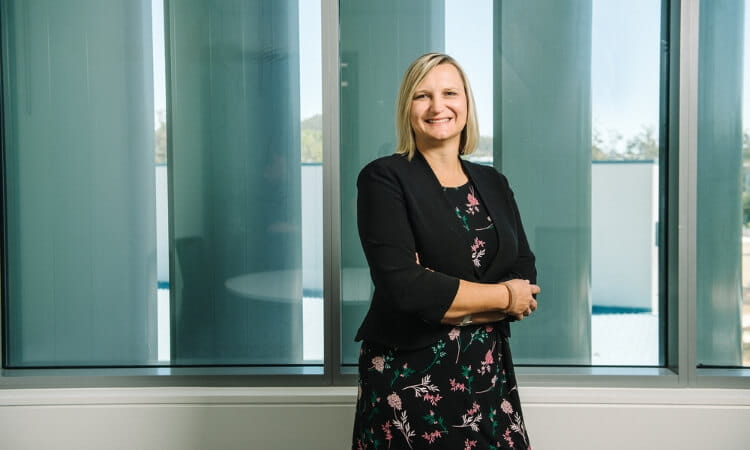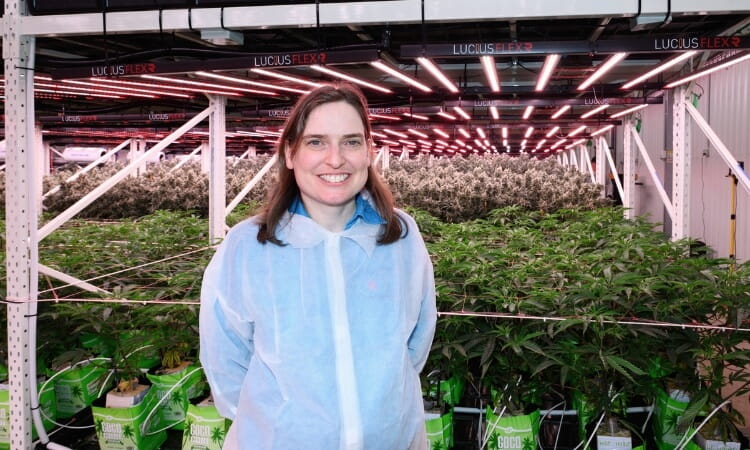Friendships are essential to a healthy life, but for young people with social anxiety, forging and maintaining strong connections with close friends can be much more difficult.
Despite growing concerns about the risks of social media to young people, new research has found it can be one’s best friend when it comes to positive experiences and interactions.
In a new paper published in the journal Computers in Human Behavior Reports, University of Southern Queensland (UniSQ) researcher Dr Riley Scott found that online interactions were a key source of friendship and connections, particularly for socially anxious youth.
“Supporting young people to engage in positive interactions and relationships online is a topic of increasing discussion and concern in society,” Dr Scott said.
“To provide support in a meaningful way, we must understand the perspectives of young people themselves and whether there are differences based on personal characteristics and vulnerabilities.”
Dr Scott and her colleagues analysed survey data and written responses from 520 young adults aged 17 to 25, examining internet use, friendships, and wellbeing.
The findings suggested that compared to young adults without social anxiety, those who were higher in social anxiety felt more confident, comfortable, and open in chatting with their close friends online than in person.
They also described interacting more frequently with friends online and that their interactions were more sincere and fun than those in face-to-face settings.
People with social anxiety typically pursue fewer opportunities to form and maintain friendships due to a fear of criticism or rejection.
Dr Scott said one of the benefits of social media interactions for people with social anxiety was that it took away the pressure of having to respond on the spot.
“Online interactions often don’t occur in real-time, which means we have more time to think about our replies, to construct messages, or even the choice to leave someone ‘on read’ if we’re not ready to reply,” she said.
“The time difference in online interactions often gives people a sense of control over their interaction.
“Another feature is that our non-verbal cues like facial expressions, gestures and tone of voice are often minimised online – or may even be absent entirely in text-based communication.
“The cue absence online can support people to feel protected and safe.”
Dr Scott said online spaces also offered socially anxious youth a means to practice social skills and receive social support they might not get in an offline environment.
Dr Scott has been researching youth and social media for the past seven years, focusing on contemporary friendships and wellbeing, social media literacy, and the implications of online engagement for socially vulnerable youth.
She hoped the findings would help tackle some of the misconceptions about how damaging social media is for young people’s mental health.
“There are several risks associated with social media and internet use, but there are also many benefits that we don’t acknowledge as often,” she said.
“Young people, with and without social anxiety, often report social media are a vital source of friendship and connection.
“However, the results of our study also showed that young adults without social anxiety described their online interactions as less rewarding or enjoyable at times because they can be slower and less ‘rich’ than offline interactions.
“This research demonstrates that we cannot take a one-size-fits-all stance on understanding the outcomes of online interactions among youth and that there are advantages – and sometimes disadvantages – of online interactions.”
The study, ‘Young adults’ perceptions of their online versus offline interactions with close friends: An exploration of individual differences,’ was co-authored by Dr Riley Scott, Dr Jaimee Stuart from the United Nations University Institute, Macau, and Professor Bonnie Barber from Griffith University.



